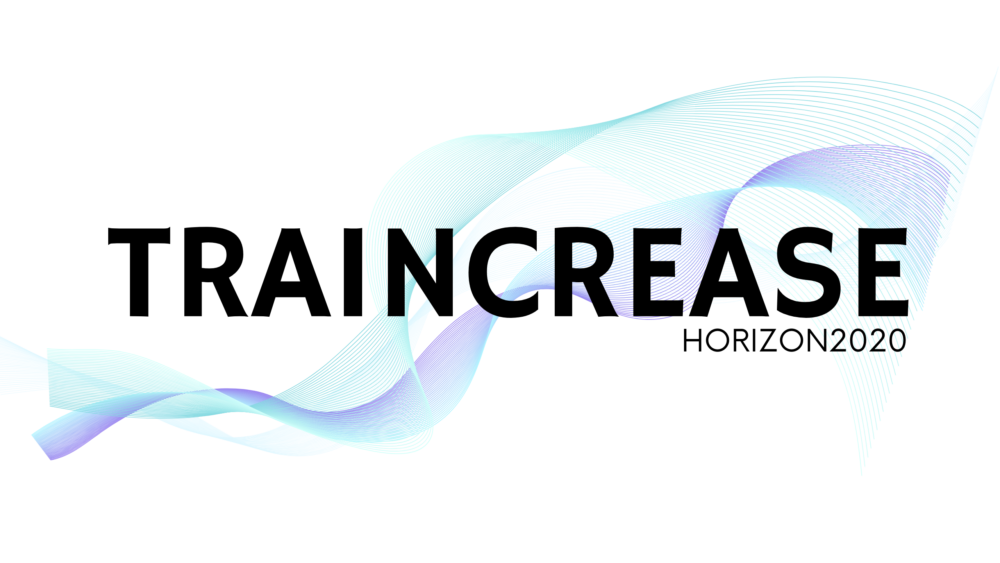Rome Workshop (23-25.05.2022)
Experimental designs for the study of abstract concepts in interaction
Download:
Introduction
The workshop will focus on novel, interactive methods to investigate abstract and concrete concepts (e.g., freedom, beauty, thinking vs. bottle, banana, guitar) in context.
Traditional studies on abstract concepts typically consider isolated words or simple sentences, and participants are typically required to perform tasks like listing features, lexical decision, recall, and ratings of various dimensions (e.g., imageability, contextual availability, age of acquisition). While these methods have undisputed merits, as they allow to capture basic mechanisms underlying word processing and offer insights into conceptual representation, they have been criticized because they fail to address concepts in situated action (Barsalou et al., 2018). In recent years, multiple representation views have emphasized the importance of linguistic, emotional, and social aspects in the representation of abstract concepts and have highlighted that these dimensions might assume a different weight depending on the kind of concept (for example, emotional vs. numerical concepts). In particular, some theories stress the pivotal role that social interaction has with abstract concepts. These recent developments in the study of conceptual representation have unveiled the necessity of approaching the issue from a different perspective and employing other methodologies. First, it has become more and more critical to investigate how the context modulates different kinds of concepts; second, it is recognized as increasingly important to analyze concepts during their use in interactive situations, such as dialogue.
You will learn about:
- what is intended with abstract concepts and their subcategories
- what are the most recent theories focusing on them, with a focus on Multiple Representation Views
- how to study abstract concepts by adopting interactive methods, focusing on online, simulated, and real conversations
- which statistical methods might be suitable to address how abstract concepts are represented and used (focus on Bayesian methods)
Aside from talks covering theoretical and methodological aspects related to abstract concepts and interaction, the workshop will feature more hands-on sessions interactively exploring new possible research avenues. Participants will work in dyads and small groups to create, discuss, and finally present new experiments or experimental ideas tackling the issues of sociality, language, interaction, and abstractness.
Programme
Monday (May 23)
Microtwinning or visit exhibitions Bill Viola – JAGO – Palazzo Bonaparte (to decide)
12:00 brunch, Via dei Marsi 78, Sapienza
13:45-14:30 Anna M. Borghi – “Abstract concepts in interaction: introduction to the topic.”
14.45 talk: Katharina J. Rohlfing, Franziska E. Krause, Oliver Reis – “Dialogical, individual, and social construction of the abstract word’s meaning—a comprehensive account on the acquisition of religious words.”
15.45-16.15 break
16.15-17.15 Agnieszka Wykowska – “What interactive protocols with humanoid robots tell us about human cognition.”
17.15-18.30 interactive session: Claudia Mazzuca, Chiara Fini, Anna Borghi
free evening
Tuesday (May 24)
9.30-10.30 interactive section: Chiara Fini, Claudia Mazzuca, Anna Borghi
10.30-11.00 coffee break
11.00-13.00 Marco Tullio Liuzza – “Bayesian multilevel (generalized) linear models. An application to the study of abstract concepts.”
13:00-14.30 lunch and microtwinning
14:30-15:30 interactive session: Claudia Mazzuca, Chiara Fini, Anna Borghi
15.30-16:00 coffee break
16:00-17:00 Gary Lupyan – TBA (online)
17:00-18:00 interactive session: Claudia Mazzuca, Chiara Fini, Anna Borghi
18:00-19:00 meeting advisory board
evening – social dinner
Wednesday (May 25)
9:00-10:00 microtwinnings
10.00-12.00 Marco Tullio Liuzza – “Measurement matters. An introduction to a Bayesian Item Response Theory approach to the study of abstract concepts.”
12.15-13.30 lunch and microtwinning
13.30-15.30 Presentations of the interactive experiments.
Conclusion
Visit – Exhibitions GNAM – Viale delle Belle Arti 131 (tram 3, 19 from piazzale del Verano, San Lorenzo) (to decide)
